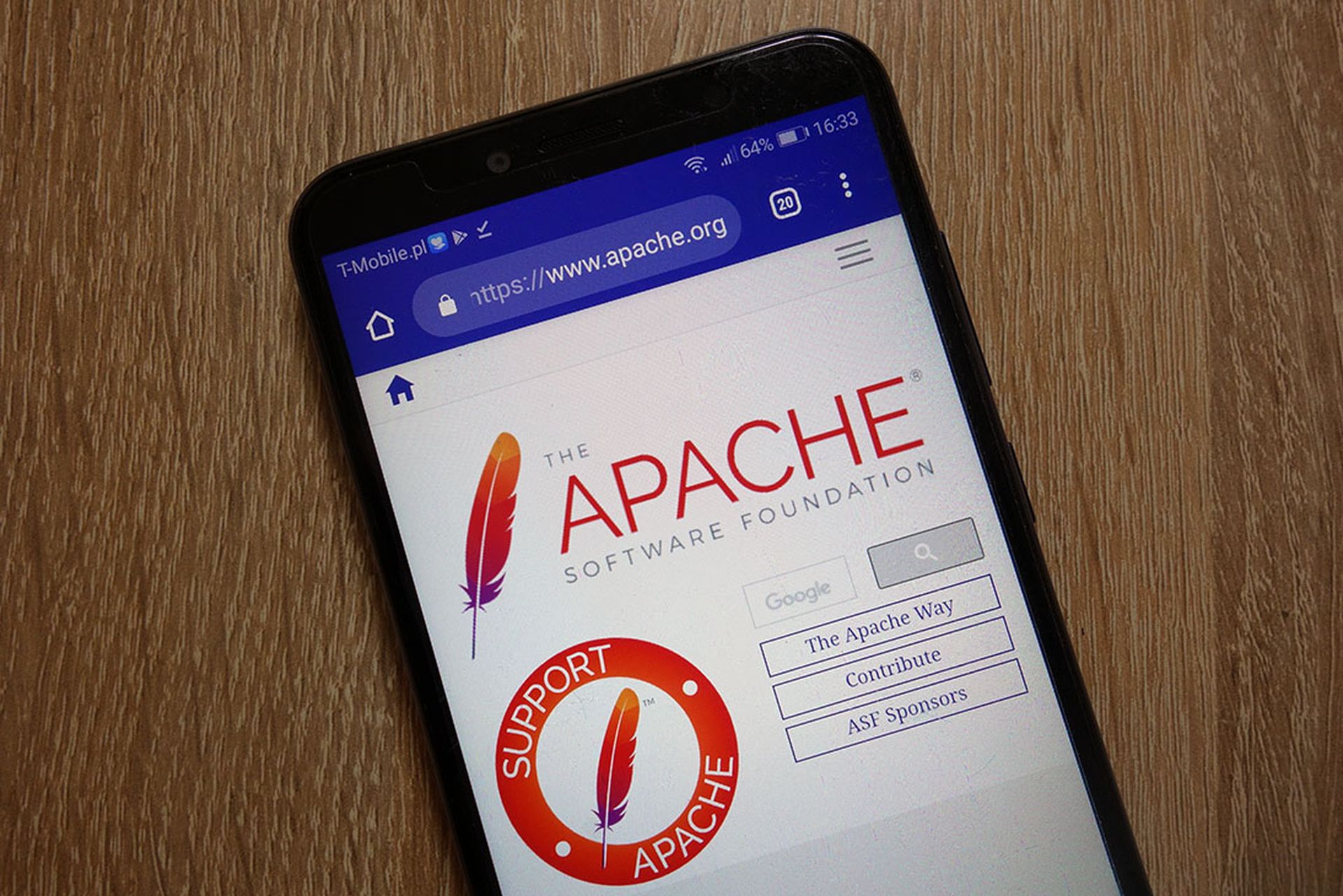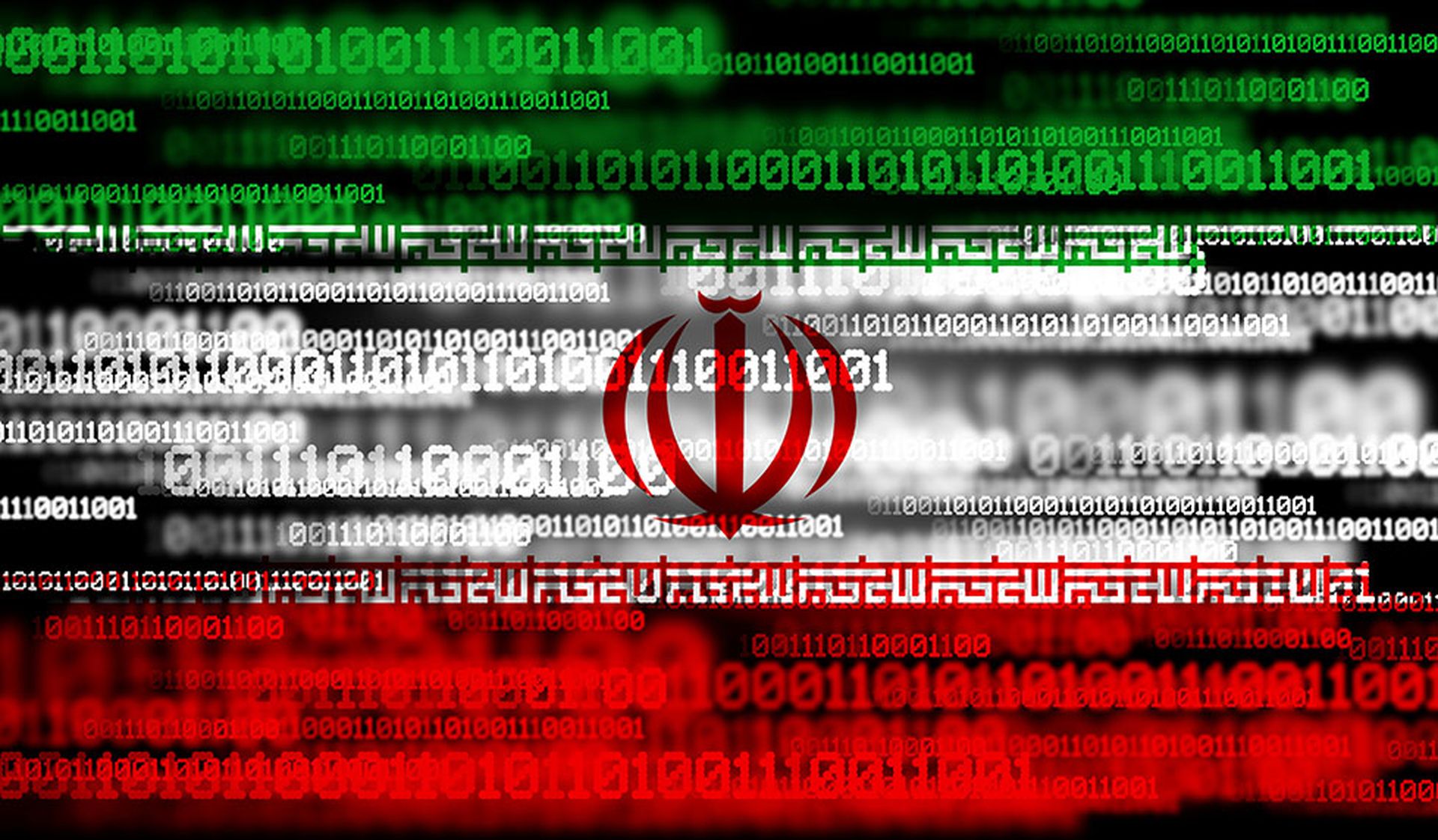InGuardians researcher Don Weber on Wednesday unveiled a framework that utilities and meter makers can use to assess advanced metering systems, commonly known as smart meters.
The tool allows for the assessment of the optical port, which is an external port that field technicians use to gather information from the smart meter and to reconfigure the devices, Weber said in a press conference following his talk at the Black Hat conference in Las Vegas. Successfully tampering with the optical port can allow intruders to change data on the meter to obtain free or reduced energy, commit corporate espionage, access back-end resources, among other malevolent acts.
Known as OptiGuard, the the tool looks for data that appears irregular and determines what hacker actions might look like.
"There wasn't a lot out there that provided these capabilities," Weber said at the press conference. "[Vendors and utilities] can't have someone standing at every single meter, saying, 'Hey, don't touch that."
To develop the tool, known as OptiGuard, Weber reverse engineered the meters by dumping memory, eavesdropping on certain data and brute forcing the security code, he explained during his talk. This enabled him to conduct an assessment of the meter, but it still required him to be physically connected to the device. OptiGuard allows for wireless communication with the meter.
Weber concluded his presentation by offering utilities and meter manufacturers advice, including the need to properly protect the security codes -- which are required to use OptiGuard -- as well as enlist robust incident response and employee awareness training.
On the back-end, he suggested securing data storage, employing configuration identity checks and obfuscating protocols.
According to a Pike Research report released in the second quarter of this year, in 2008, fewer than 4 percent of the world's 1.5 billion electricity meters could be considered “smart,” but now 18 percent are. This number is expected to exceed 55 percent by 2020.
Weber was scheduled to present the talk earlier this year at ShmooCon 2012 in Washington, D.C., but pulled it at the last minute in response to requests from a smart grid vendor and several utilities.



